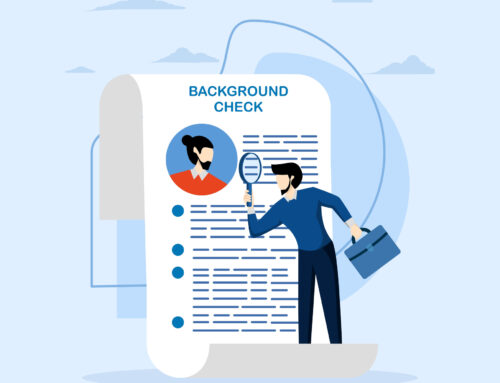Nonprofits shoulder a wide range of different compliance responsibilities. With so much to manage, the initial and ongoing requirements of applicable state charitable solicitation laws can sometimes fall through the cracks. Here’s what organizations need to know to avoid the potentially costly consequences of failing to follow applicable laws and regulations.
What do the laws require?
Nonprofit fundraising is the subject of intense state regulation, most often through some form of a “Solicitation of Charitable Funds Act.” According to the IRS, about 40 states have enacted such laws. The laws diverge on some points, but generally are intended to protect the public from fraud and ensure transparency in charitable fundraising.
These laws apply to nonprofits that solicit charitable contributions from state residents. The definition of “soliciting” generally means directly or indirectly requesting money, credit, property, financial assistance or some other type of value to be used for a charitable purpose. State solicitation laws typically impose two types of obligations:
- Registration. Nonprofits may be required to register with the appropriate state authority and pay a fee. Registration is required before your organization solicits (not receives) any contributions, but states usually are lenient with late registrations if nonprofits can demonstrate a good faith reason for delays.
Registration calls for extensive information about your nonprofit’s finances and governance, such as:
- Organizational purpose,
- Names and addresses of officers and board members,
- Place and date of organization,
- Data related to your use of professional fundraisers,
- Purpose of solicited contributions, and
- Potential conflicts of interest.
You may also need to provide documents, such as copies of your IRS determination letter, incorporation records and bylaws; financial reports; and certification by your CEO or CFO. States often require organizations to refile registrations regularly and by specific deadlines.
- Financial reporting. Depending on the state, nonprofits may be required to provide additional financial statements to state reporting agencies. Many states require contributions, gifts, grants and functional expenses to be reported according to the AICPA industry audit and accounting guide. Some states require contributions, gifts, grants and functional expenses to be reported according to Generally Accepted Accounting Principles.
Your organization may be exempt from such requirements, though. For example, most states exempt religious and certain educational institutions, public safety-related organizations, and parent-teacher associations that satisfy certain criteria. States may exempt organizations whose annual contributions fall below a specific threshold, as well. If you believe your organization qualifies for an exemption, you’ll need to apply for it.
Where do you file?
Nonprofits don’t need to have a physical presence in a state to be covered by its requirements. Notably, some state solicitation laws haven’t been updated to include online solicitations. It’s wise to assume, though, that the laws apply to all types of online fundraising, including crowdfunding, which can easily reach multiple states.
The National Council of Nonprofits recommends that nonprofits register in their state of incorporation, any state where they have a physical presence, and any state where they target residents or have ongoing contact with residents. You may need to closely monitor the sources of your donations to ensure you’re in compliance with all applicable state reporting requirements. Some large organizations avoid this hassle by simply registering nationwide, but that approach doesn’t necessarily make sense for every nonprofit.
Don’t go it alone
Compliance with solicitation laws isn’t just a formality. Your failure to comply can lead to substantial fines and penalties, litigation, and loss of the right to solicit. You may also incur reputational damage. Even the loss of tax-exempt status may be on the table. Please contact us for further information on how to determine and satisfy your obligations under state reporting requirements. There are third-party organizations, including some law firms, that specialize in state reporting requirements.




